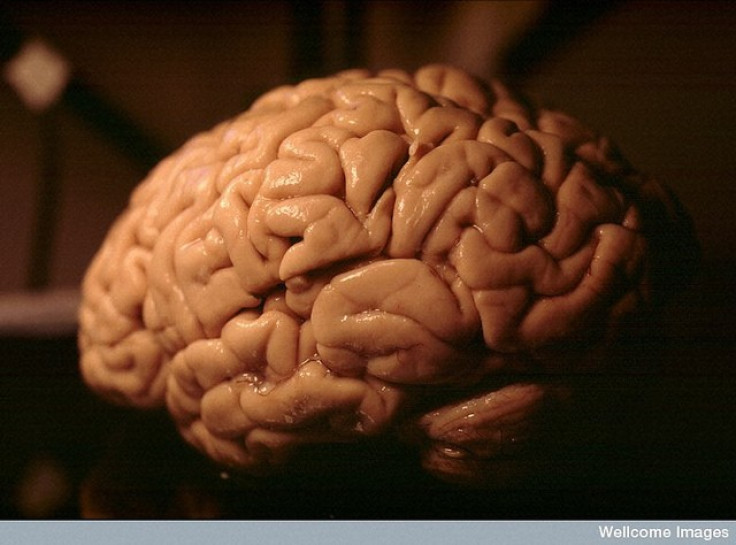Right Move: Brain Region Responsible for Bad Decisions Discovered by Scientists

A section of the brain that appeared to identify whether or not humans are making bad decisions has been discovered by scientists.
The ball of neural tissue allows us to consider a different course of action to the one we originally decided, to help eliminate "bad decision" making. The rest of the brain keeps track of whether our decisions were successful or not.
Scientists at Oxford University found the lateral front pole after scanning healthy human brains. Humans have two, but interestingly, other scans failed to detect the tissue in primates.
Using a combination of scans, the researchers worked out how each part of the ventrolateral frontal cortex, which helps control language and cognitive ability, was connected to other areas of the brain.
The group used 25 people in the study and scanned each one twice, using a diffusion-weighted MRI and a functional MRI. The first revealed connecting pathways, while the second showed which parts of the brain were most active in resting patients.

They scanned the same region in macaques, which revealed 11 regions were very similar to those in humans. The lateral front pole, however, did not show up.
An explanation into why humans speak and monkeys don't was also investigated. Although their brains are similar, the auditory areas proved different.
In humans, areas used to understand spoken words are connected to the ventrolateral frontal cortex. In primates, the same areas were connected to areas that deal with emotional responses.
Matthew Rushworth, a professor of cognitive neuroscience at Oxford University who led the study, told the Independent: "We know there are differences between humans and monkeys. But it is surprising how many similarities there can be, and how a couple of differences can mean our behaviour is so far removed from them.
"There are a few brain areas that monitor how good our choices are, and that is a very sensible thing to have. But this region monitors how good the choices are that we didn't take. It tells us how green the grass is on the other side of the fence."
© Copyright IBTimes 2024. All rights reserved.






